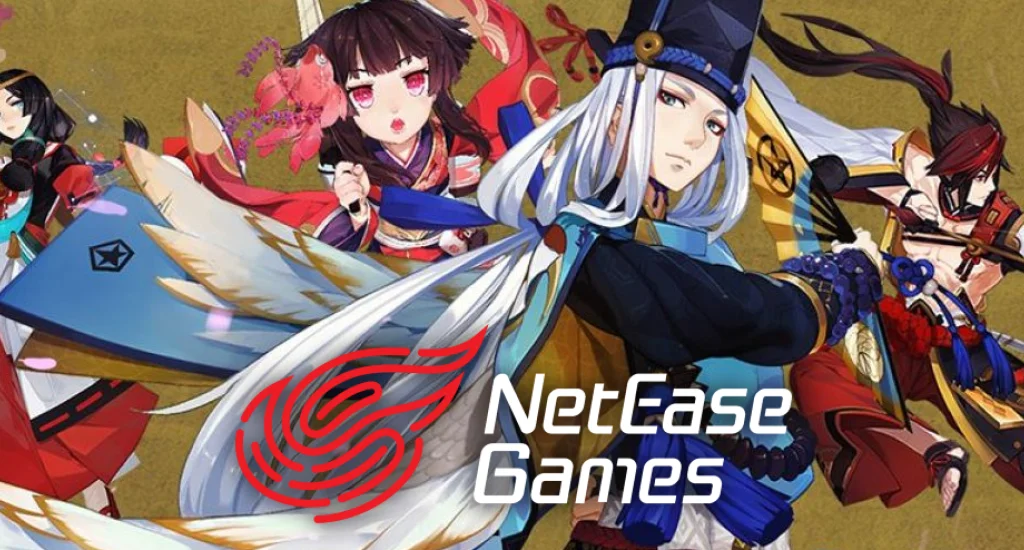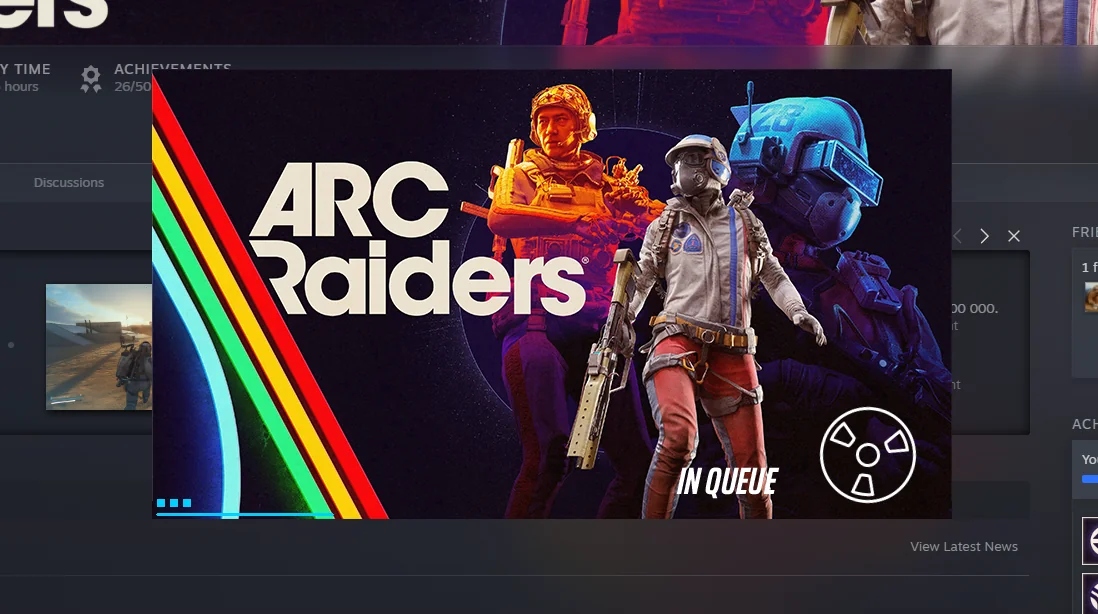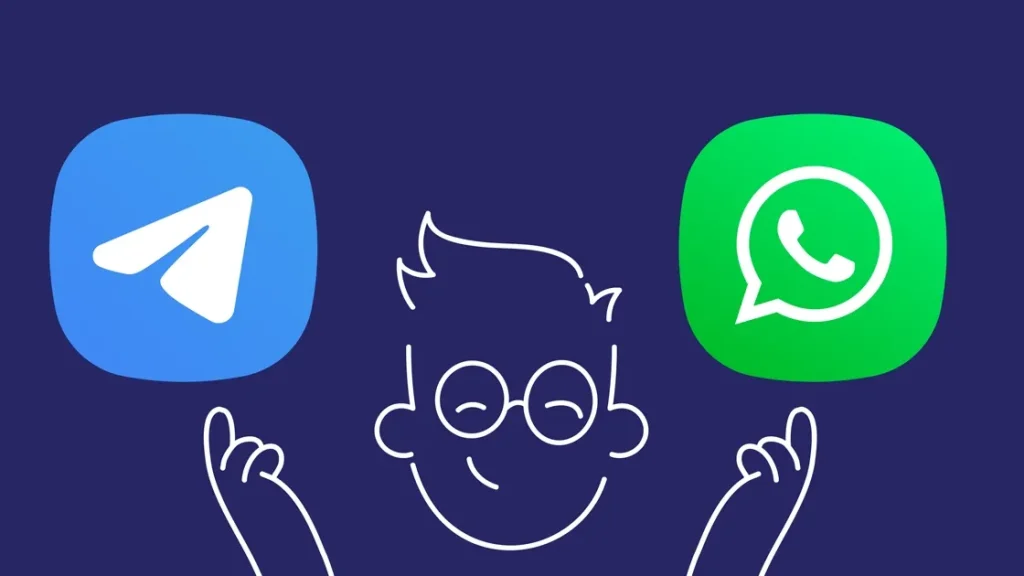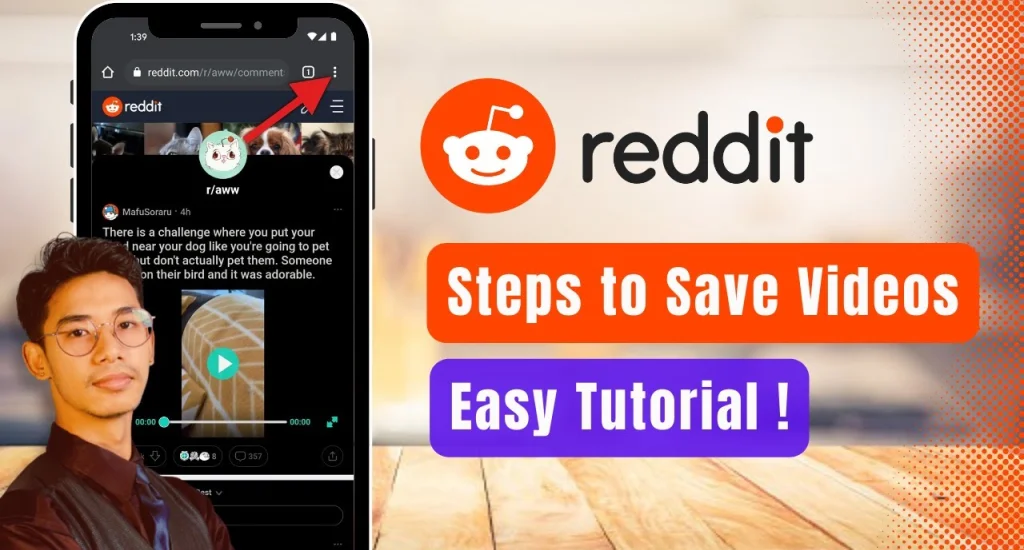
Pinterest Download Video Reddit: The Ultimate 2025 Guide
From Reddit threads to practical solutions — how social media users are navigating the gray area of saving Pinterest and Reddit videos in an era of content ownership
There's a peculiar irony in how we consume content online today. We scroll endlessly through Pinterest's curated feeds of recipe videos, home renovation tutorials, and fitness routines. We laugh at Reddit's endless stream of viral clips, educational content, and niche community moments. But when we want to save something meaningful — a cooking technique we need to reference offline, a workout routine to follow at the gym without Wi-Fi — we hit a wall.
Neither Pinterest nor Reddit offers a straightforward "download" button for videos. And so, millions of users have turned to the internet's underground railroad of third-party tools, browser extensions, and workarounds — a landscape as cluttered with legitimate solutions as it is with security risks.
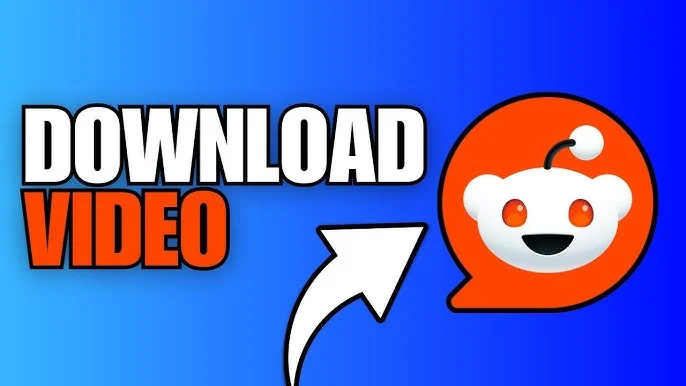
Why People Want to Download Videos in the First Place
The desire to download social media content isn't new, but it's intensified as video has become the dominant format across platforms. Users download videos for offline viewing without internet connectivity, content backup when Pins may get deleted or made private, and sharing convenience to send videos to teammates or collaborators who don't use Pinterest.
For marketers and content creators, the motivations go deeper. Digital marketers often analyze Pinterest ads and viral videos for creative insights and campaign ideas. Having videos saved locally provides inspiration and competitive research without requiring constant platform access.
But here's where it gets complicated: downloading someone else's content raises questions about copyright, fair use, and platform terms of service. The tools exist in a legal gray area, operating just outside the boundaries of what Pinterest and Reddit officially sanction.
Much like platforms that operate in regulatory gray zones, video downloader services walk a fine line between user utility and potential policy violations.
The Pinterest Download Landscape
Pinterest's mobile app does offer a download option for some video Pins, but this feature isn't available in all regions and depends on whether the content creator has enabled downloads. Videos downloaded through the official app include a Pinterest watermark, which limits their usefulness for professional repurposing.
For everything else, users have turned to third-party solutions. Reddit communities frequently recommend 4K Video Downloader+ for desktop users and SavePin.app for quick online downloads, with both receiving consistent positive feedback for reliability and safety.
The most popular approach involves online downloaders — web-based tools that require no software installation. Users simply copy the Pinterest video link by clicking the share arrow and selecting "Copy Link," then paste it into an online downloader. Within seconds, the tool extracts the video file and makes it available for download, typically in MP4 format.
Tools like KlickPin, SavePin, and BotDownloader have built devoted followings. They're free, require no registration, and work across devices. But they also exist in a precarious position — dependent on Pinterest's technical architecture remaining accessible and vulnerable to the platform's efforts to restrict such access.
The Security Concern Nobody Wants to Talk About
Only use reputable downloaders recommended in trusted guides, avoid tools requiring software installation and prefer browser-based options, be wary of fake downloaders designed to steal data or install malware, and keep antivirus software updated while downloading.
The internet is littered with fake downloader sites — clones designed to look legitimate but actually harvesting user data, injecting malware, or generating revenue through aggressive advertising. A search for "Pinterest video downloader" returns hundreds of results, many indistinguishable from each other until you actually use them.
Security experts warn that any tool asking for Pinterest login credentials should be avoided immediately. Legitimate downloaders work by accessing publicly available video URLs — they never need your password. Sites that promise "unlimited downloads" or "premium features" in exchange for personal information are almost always scams.
"The convenience of downloading videos shouldn't come at the cost of your device security or personal data," says cybersecurity researcher Maria Chen. "If a tool feels sketchy, trust that instinct."
Reddit's Video Download Challenge
Reddit presents its own set of complications. Unlike Pinterest, where videos are often standalone content, Reddit videos are embedded within posts and comments, sometimes with audio tracks stored separately from video files. This technical quirk has made downloading Reddit content particularly challenging.
Rapidsave, formerly known as RedditSave, is one of the most popular and straightforward online tools for downloading Reddit videos, offering both HD and SD versions often with sound included. The tool's simplicity — just paste the Reddit post URL and receive download links — has made it a community favorite.
Toolzin offers up to six resolution options to choose from, and in tests, each option delivered the video in the resolution selected — a feature notably absent in many competitor tools. For users who care about video quality, having granular control over resolution makes a significant difference, especially when managing mobile data usage or storage constraints.
The Reddit community itself has embraced these tools with a pragmatic attitude. Threads discussing video downloaders receive hundreds of comments sharing experiences, comparing tools, and warning others about scams. It's collective problem-solving in action — users helping users navigate systems that platforms haven't designed for their needs.
This echoes broader patterns in how users respond when major platforms experience technical failures, organizing around shared challenges and developing grassroots solutions.
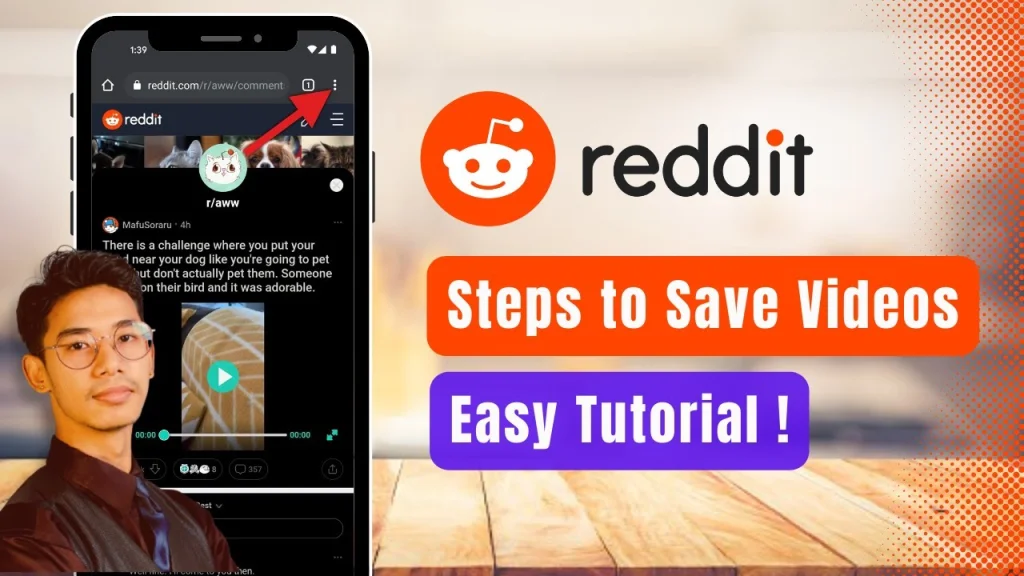
The Legal and Ethical Minefield
Here's what most download tool websites won't tell you prominently: downloading content from Pinterest may infringe on copyright laws if done without the creator's permission, and users should always check content usage rights and obtain permission when necessary.
Pinterest's terms of service technically prohibit downloading content through unauthorized means. Reddit's policies are similarly restrictive. Yet enforcement remains spotty, focused primarily on large-scale abuse rather than individual users saving videos for personal reference.
The tension between technical capability and legal permissibility has created an awkward status quo. Millions of people use downloader tools daily. Companies build businesses around providing these services. But nobody involved — not the platforms, not the tool creators, not the users — wants to address the fundamental contradiction directly.
Users should only download videos for personal use such as study, research, or education, never repost or monetize others' content without permission, and always credit the original creator if sharing downloaded materials.
For content creators whose work gets downloaded and redistributed without attribution, the situation feels like digital theft. For users who simply want to reference a recipe video while cooking or watch educational content during a commute, the inability to download feels like artificial restriction.
There's no easy resolution. Copyright law was written for a different era, one where copying content required significant technical capability and distribution channels were limited. Today, a teenager with a smartphone can download, edit, and republish content to millions within minutes.
The Technical Arms Race
Behind the scenes, a quiet technical battle continues. Pinterest and Reddit periodically update their video delivery systems, changing URLs, implementing new encoding methods, or adding verification checks designed to make unauthorized downloads more difficult. Downloader tool developers respond by reverse-engineering these changes and updating their services.
Pinterest occasionally updates its video serving methods, temporarily breaking some downloader tools, but the issue usually resolves within 24-48 hours as developers adapt.
It's a cat-and-mouse game with no clear winner. Platforms have legitimate interests in controlling how content gets distributed and protecting creators' rights. But they also benefit from user engagement that sometimes depends on being able to save and share content easily.
The rise of cloud-based multi-account management tools like GeeLark and AdsPower adds another dimension. These professional antidetect browsers help users securely manage multiple accounts and automate workflows without risk of bans, particularly useful for businesses handling content research across several profiles.
Such tools blur the line between legitimate business use and platform manipulation. They enable marketers to operate efficiently but also facilitate behaviors platforms explicitly prohibit in their terms of service.
Similar tensions play out across digital spaces, as seen in how gaming platforms balance user demand with technical capacity.
What the Future Holds
The download debate reflects broader questions about digital ownership and platform power. When you save a Pin to your board or upvote a Reddit post, do you have any claim to that content? Should platforms be required to offer official download features? Where does fair use end and infringement begin?
Some platforms are experimenting with middle-ground solutions. TikTok allows watermarked downloads of most videos. YouTube Premium includes offline download features. Instagram has introduced limited save functionality for Stories and Reels.
Pinterest and Reddit may eventually follow suit, offering controlled download options that protect creators while acknowledging user needs. Or they may double down on restriction, implementing technical measures that make unauthorized downloads increasingly difficult.
What's certain is that user behavior won't change. As long as people find value in social media content — recipes they want to try, tutorials they need to reference, moments they want to preserve — they'll seek ways to save it. The only question is whether platforms will help facilitate that impulse or continue forcing users into legally ambiguous workarounds.
"We've built an internet where everything feels temporary," observes digital anthropologist Dr. James Morrison. "People download content not just for convenience, but because they've learned that posts disappear, accounts get deleted, and nothing online truly lasts. The impulse to save is fundamentally about reclaiming some measure of permanence."
Practical Guidance for 2025
For those determined to download videos despite the complications, here's what matters most: use only established, well-reviewed tools; never provide login credentials to third-party sites; maintain updated antivirus software; respect copyright by only downloading for personal use; and always credit creators if you share downloaded content.
For mobile data users on carriers like Verizon, AT&T, or T-Mobile, be mindful of video file sizes, with most downloader tools offering 360p for small file sizes (5-15 MB), 720p HD for good quality (15-40 MB), and 1080p Full HD for best quality (40-100 MB).
Understanding that downloads exist in a gray area means accepting the responsibility that comes with that access. Tools provide capability, but users must supply ethical judgment.
For businesses and professional marketers, the calculation involves additional considerations. Is the competitive intelligence gained from analyzing downloaded content worth the potential policy violations? Does the convenience justify the legal ambiguity?
These aren't questions with universal answers. They depend on industry, geography, risk tolerance, and individual values. What works for a solo content creator researching trends differs from what's appropriate for a Fortune 500 company's marketing team.
Much like public figures navigating the complex landscape of digital media, users must make informed decisions about how they engage with content across platforms.
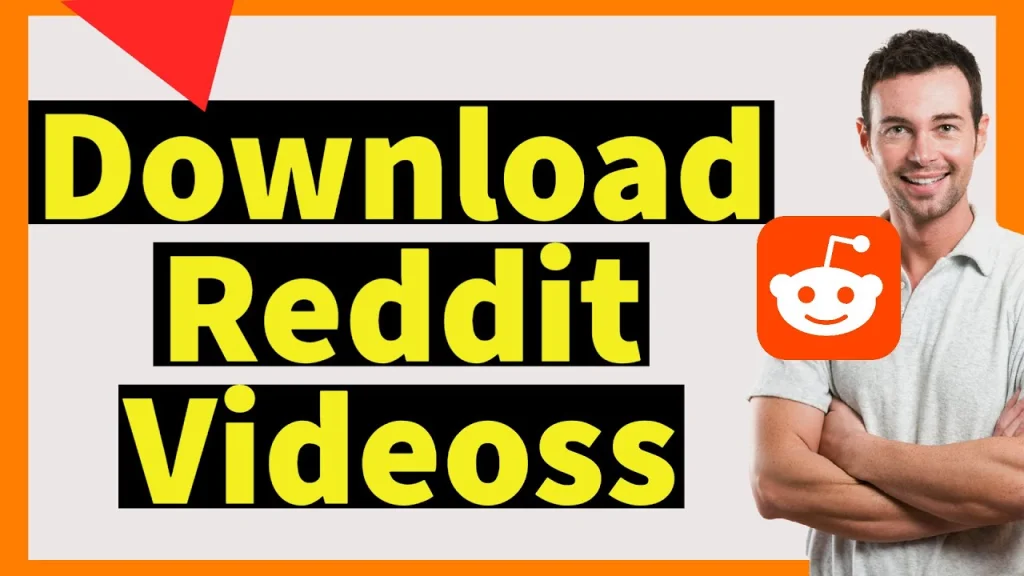
The Uneasy Compromise
We've arrived at an uncomfortable equilibrium. Platforms prohibit unauthorized downloads in their terms of service but lack the technical capability or motivation to truly prevent them. Tool developers provide services millions use daily but operate in legal uncertainty. Users download content while understanding they're technically violating policies, justified by convenience and the perception that personal use causes no real harm.
It's not sustainable long-term, but it's functional enough that nobody has sufficient incentive to force a reckoning. Platforms won't sue individual users for personal downloads. Tool developers have grown too numerous to effectively shut down. Users have normalized behavior that, by strict interpretation, violates multiple terms of service agreements they've technically agreed to but never read.
Perhaps that's the actual state of the modern internet — not the clean legal frameworks and clear boundaries we imagine, but a messy, contradictory space where technology enables behaviors faster than law or social norms can accommodate them.
The Pinterest and Reddit video download question isn't really about videos at all. It's about power, ownership, control, and the fundamental tension between platforms that host content, creators who make it, and users who want to engage with it on their own terms.
In the end, maybe the downloads themselves matter less than what they represent: users refusing to accept that the content they find valuable exists only at the pleasure of platforms whose priorities may not align with their needs. It's a small act of digital self-determination, downloaded one MP4 file at a time.
For more stories exploring the intersection of technology, policy, and everyday digital life, visit Reporters Bode.
Related Articles
